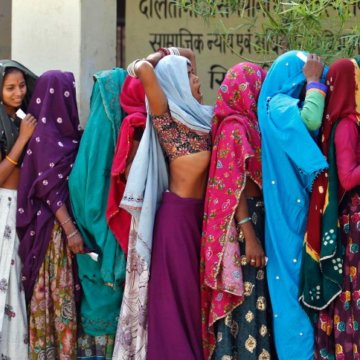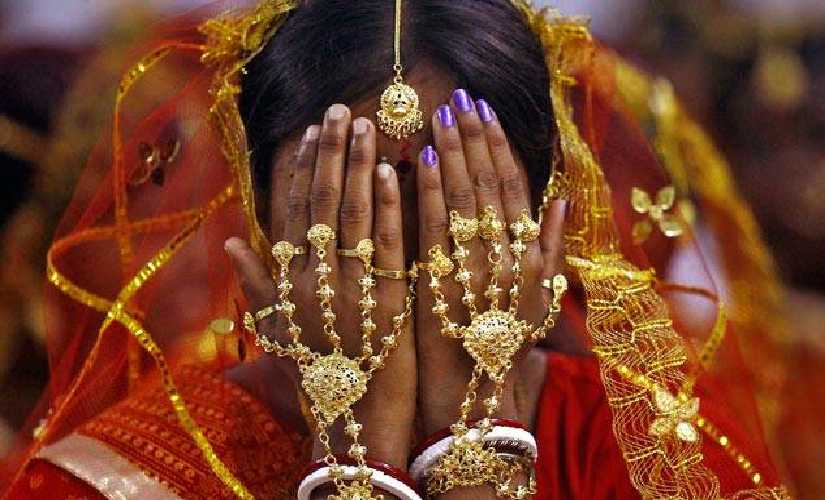- About
- Topics
- Picks
- Audio
- Story
- In-Depth
- Opinion
- News
- Donate
- Signup for our newsletterOur Editors' Best Picks.Send
Read, Debate: Engage.
| topic: | Women's rights |
|---|---|
| located: | India |
| editor: | Tish Sanghera |
The ordeal of a 17-year-old rape victim has gripped the nation in recent months, highlighting how India’s justice system still fails the poor, the marginalised and women.
In 2017, a teenage girl alleged that a prominent Bharatiya Janata Party MLA, Kuldeep Singh Senegar, raped her. She subsequently tried to lodge a case with the police, but was refused. The police wanted nothing to do with her, deciding instead to protect an MLA from the ruling party. The failures in justice and abuses of power continued for a year and her family saw little action.
A year later, after continued attempts to register the case, the girl and her father protested outside a police station as a way of drawing attention to their situation – her father was then taken into custody and allegedly beaten up by the MLA's brother. He later died in police custody, along with the only witnesses to his death and an autopsy was never carried out. The victim’s ordeal continued earlier this month when a lorry with a blacked-out number plate rammed into the car carrying her lawyer, her two aunts (who later died) and her. In total, the victim has now lost three family members in her pursuit of justice and continues to fight for her life in hospital.
While Senagar has yet to be convicted, it is noticeable that his party (who is currently in power) has continued to associate itself with a politician accused of rape, abuse of office and now murder. One BJP MP even denied the rape could have happened, “for a mother of three can not be raped”, this statement is not only bizarre and disgusting but plainly incorrect since the teenager had no children. For a government that launched a nationwide campaign to protect and educate girls, advocating for society to re-evaluate its treatment of women, such responses are particularly egregious.
There has also been silence from politicians who are usually quick to condemn ideologies that do not match their own. Often vocal women leaders such as Smiti Irani, who currently heads the Women and Child Department, have remained conspicuously absent from contributing to the growing outrage around the case. Chief Minister Yogi Adityanath has found time to speak about the controversial demolition of a mosque using his familiar vein of communally divisive rhetoric, but not an issue of law and order in his own state.
In the BJP's recent 2019 election manifesto, the government made repeated references to prioritising women’s safety. “We have constituted the Women’s Security Division in the Home Ministry, and have made strict provisions for transferring the laws in order to commit crimes against women, in particular in a time-bound investigation and trail for rape,” the document said. “In such cases, forensic facilities and fast track courts will be expanded to bring convicts to justice”. In reality though, the government is not acting on the sentiments it preaches.
While we can not blame the government for the fact this rape took place, we can and should ask what they are doing to prevent future acts and improve the lives of India’s women. For example, it could start by releasing the National Crimes Bureau Report that has been delayed for almost three years, so we have accurate data on crimes against women.
As it begins its second term in power with an overwhelming mandate, the government should use the opportunity to have real social impact. And what better way to prove a point than leading by example.

